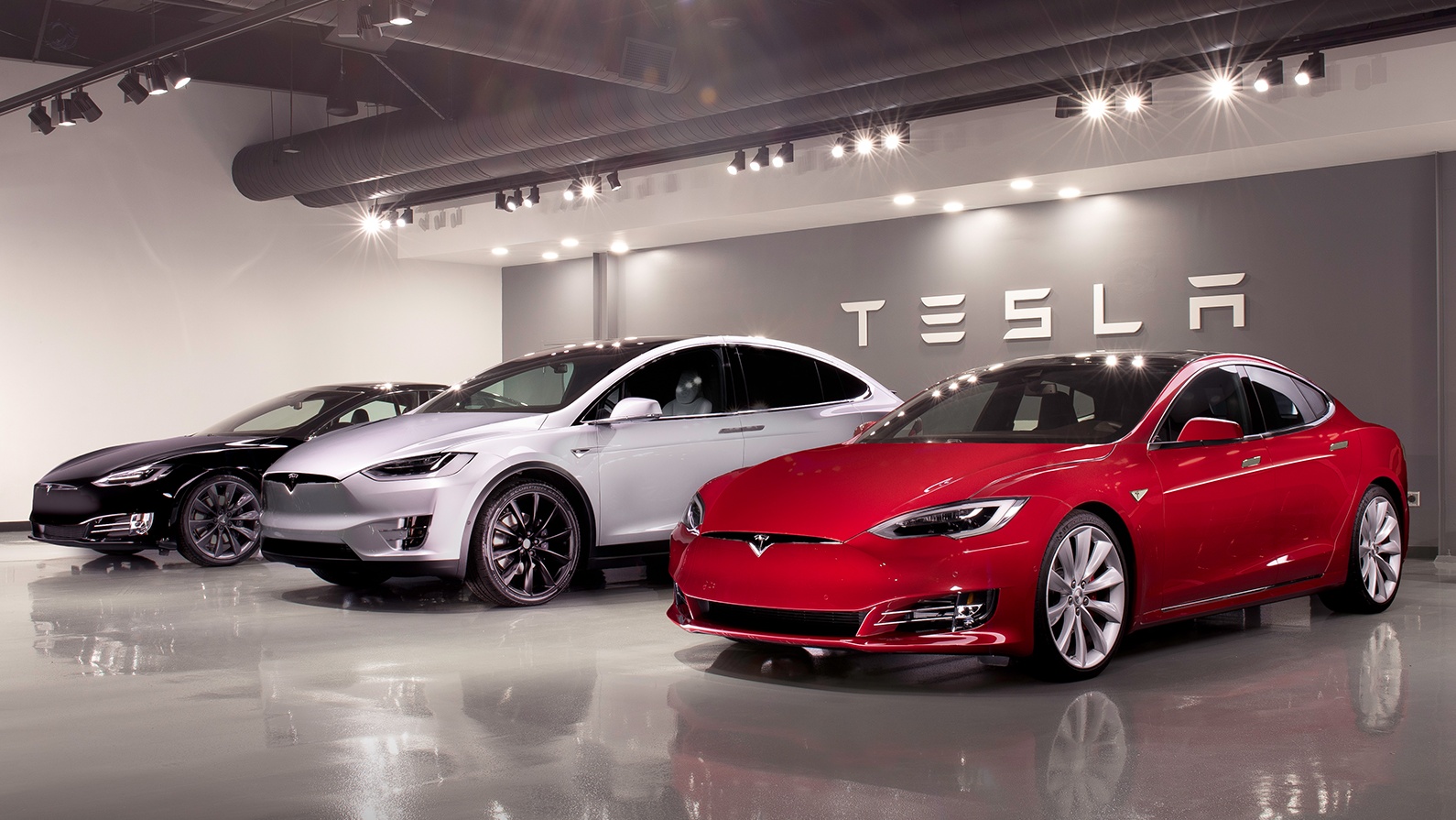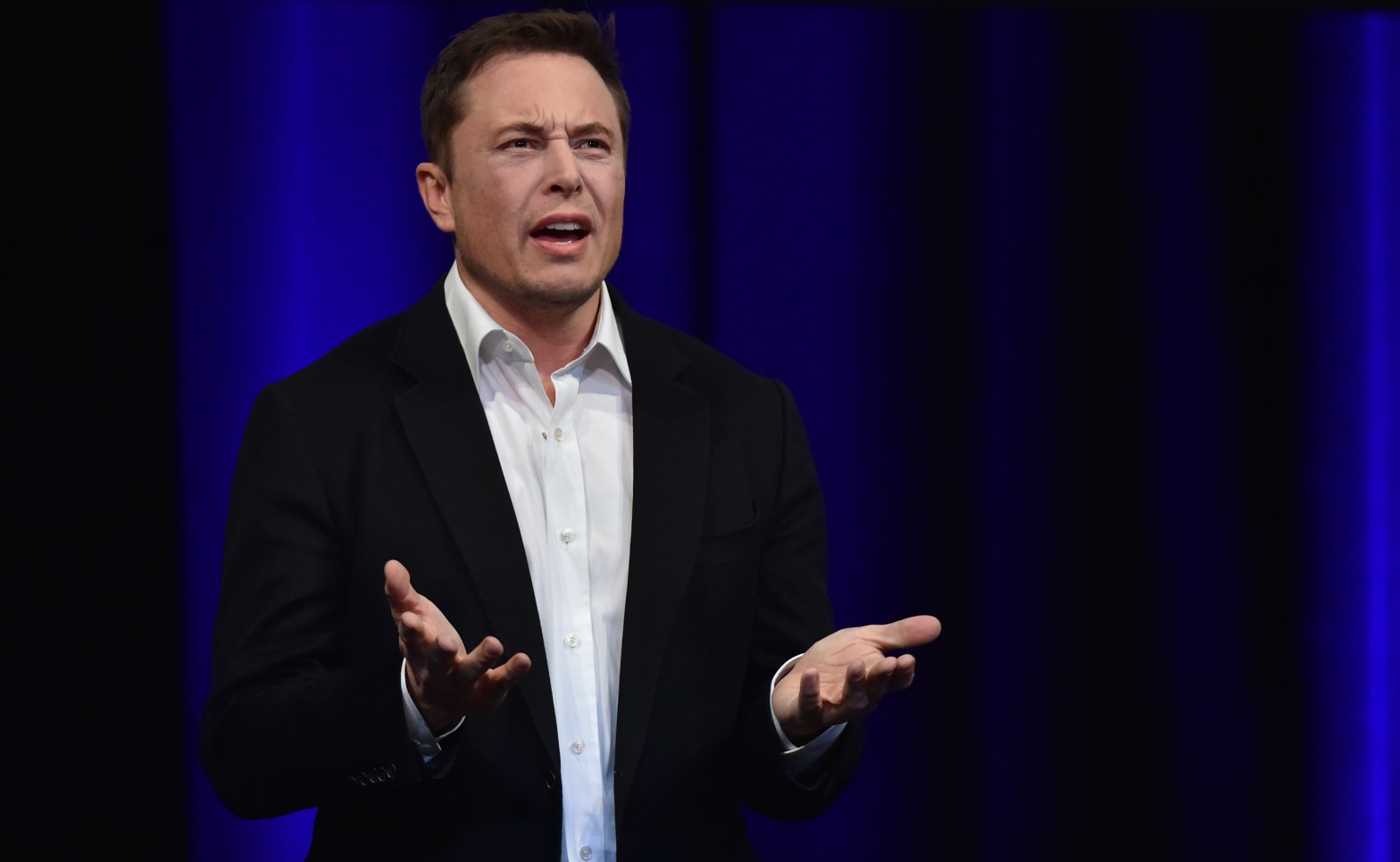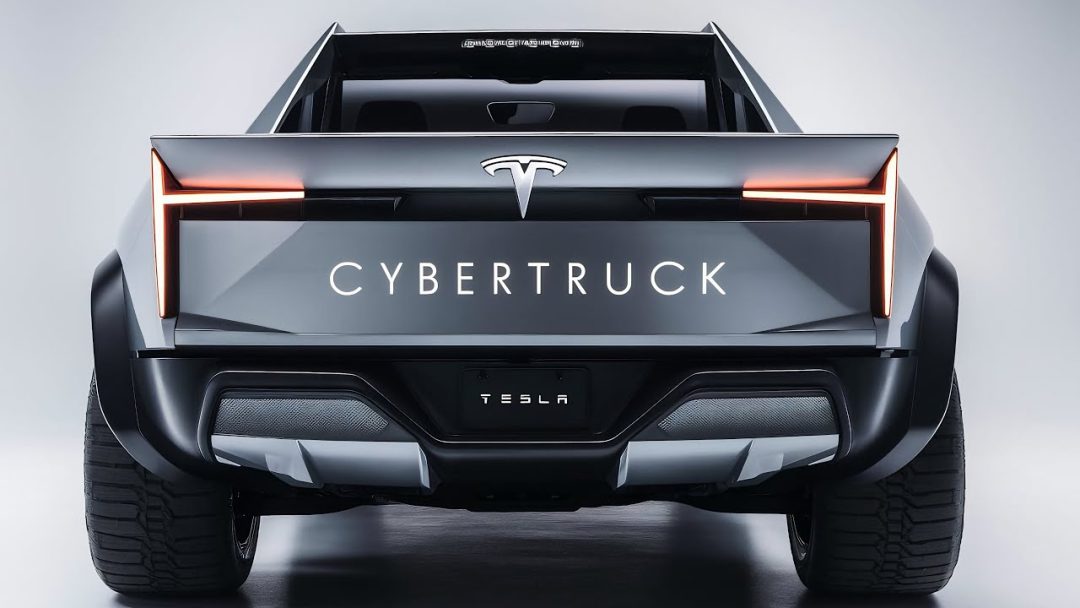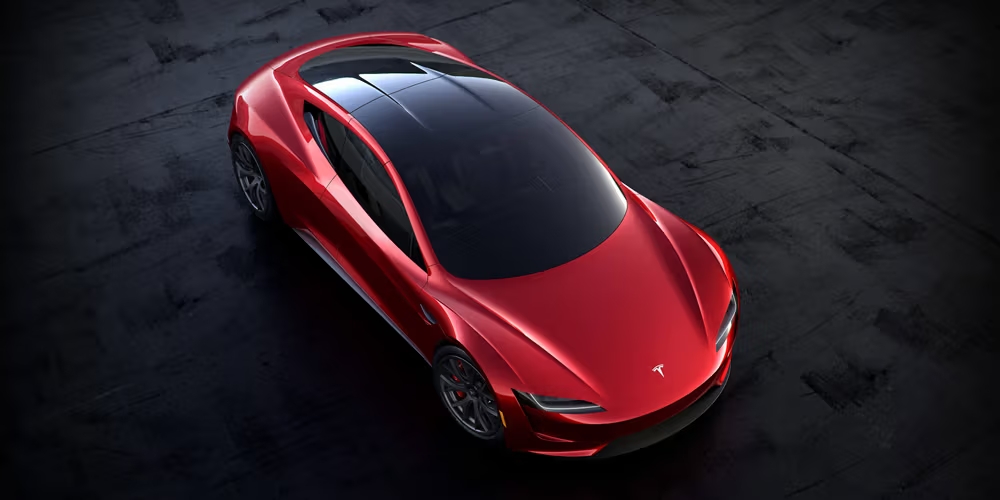In a move that could dramatically alter the landscape of both the aerospace and electric vehicle industries, Elon Musk is reportedly negotiating the sale of a portion of his private space company, SpaceX, to a Chinese state-owned fund. The deal would see Musk sell between 5% and 8% of SpaceX, a transaction that could generate anywhere from $35 billion to $42 billion.

This sale is being considered as a potential lifeline for Tesla, Musk’s flagship electric vehicle company, which has seen its market value plummet by over $400 billion in the past 12 months. The potential sale of SpaceX shares to China marks a critical juncture for Musk’s companies, raising both financial and geopolitical concerns.
Tesla, which has long been a leader in the electric vehicle market, is currently facing a crisis in its cash flow, struggling to maintain profitability amid increasing competition, a slowdown in global demand, and a series of financial setbacks. Musk’s decision to turn to China for funding is an indication of the gravity of Tesla’s financial position.

The company’s stock value has been hammered by a combination of factors, including waning investor confidence, delayed product launches, and Musk’s increasing involvement in political matters, which has raised doubts among shareholders about his ability to focus on Tesla’s long-term success.
The rumored sale of SpaceX shares to China represents a significant strategic shift for Musk. SpaceX, which Musk founded in 2002, has grown into one of the most valuable and influential private aerospace companies in the world. The company is responsible for groundbreaking achievements in space exploration, including the development of reusable rockets and its role in NASA’s Artemis program, which aims to return astronauts to the Moon.
SpaceX’s valuation has soared in recent years, making it a highly attractive asset. However, despite its success, SpaceX requires substantial funding to continue its ambitious projects, including plans for Mars colonization and the development of the Starship rocket. Musk’s reported negotiations with a Chinese state-backed fund raise serious questions about the future direction of both SpaceX and Tesla.
The deal would bring much-needed liquidity to Tesla, but it also introduces significant risks, particularly in terms of the political implications of allowing a Chinese entity to acquire a stake in one of the world’s most influential private space companies. The growing tension between the U.S. and China over issues like technology competition, trade, and national security makes such a deal a potential flashpoint in the ongoing geopolitical struggle.

The financial impact of this sale for Tesla could be substantial. The $35 billion to $42 billion generated from the sale of SpaceX shares would provide Musk with the capital needed to stabilize Tesla’s financial situation and ensure that the company remains solvent in the short term.
This funding could be used to cover Tesla’s ongoing expenses, such as manufacturing costs, research and development, and expansion efforts. It could also provide a cushion to weather the storm of declining profits and investor skepticism.
However, the decision to sell a portion of SpaceX to China raises serious concerns. For one, it could compromise the level of control Musk has over SpaceX, which has long been seen as his flagship venture. The Chinese government’s involvement in SpaceX could introduce complications related to intellectual property protection, national security, and strategic decision-making. Musk’s control over the company could be diluted, and the influence of the Chinese government could have far-reaching consequences for SpaceX’s future trajectory.
The implications for Tesla are equally significant. While the infusion of cash from the SpaceX sale could help Musk stabilize his electric vehicle company, it could also further entrench his involvement in geopolitics at a time when many investors are calling for him to focus on Tesla’s core business.
Tesla’s financial struggles have been compounded by Musk’s political activities, including his role in government efficiency programs and his vocal support for certain political ideologies.

This has led to a growing perception that Musk’s attention is divided, and his personal ambitions in the political sphere are taking precedence over his responsibilities to his companies. Furthermore, Musk’s decision to seek funding from a Chinese state-backed entity could alienate investors and customers who are wary of China’s increasing influence in global business.
Tesla has significant operations in China, where it manufactures vehicles at its Gigafactory in Shanghai, but a deeper partnership with the Chinese government could spark backlash from American customers and investors. The perception that Tesla is too closely tied to the Chinese government could undermine its brand image, particularly in the U.S., where Musk’s political affiliations and outspoken views already make him a polarizing figure.

Despite the risks, Musk’s potential sale of SpaceX shares to China is indicative of the challenges faced by his business empire. Tesla, once a high-flying success story, is now grappling with declining stock prices, increasing competition, and mounting pressure from investors. Musk has repeatedly said that he views space exploration as essential to humanity’s future, and SpaceX is central to that vision.
However, the financial demands of running both Tesla and SpaceX are immense, and Musk’s growing involvement in multiple projects may have stretched him too thin.

The rumored sale of SpaceX shares also highlights a larger trend in the tech industry, where companies are increasingly seeking capital from foreign investors to fund ambitious projects. As global markets become more interconnected, the lines between national and corporate interests are becoming increasingly blurred.
Musk’s move to secure funding from a Chinese fund underscores the need for tech companies to find new sources of capital, but it also raises questions about the extent to which companies like SpaceX and Tesla are willing to compromise their independence and national allegiances in exchange for financial stability.
Looking ahead, Musk will likely face intense scrutiny over the decision to sell a portion of SpaceX to China. While the immediate financial benefits for Tesla are clear, the long-term implications for both SpaceX and Tesla remain uncertain. If the deal goes through, it could provide the liquidity Musk needs to keep Tesla afloat, but it could also lead to greater political and financial entanglements that could limit Musk’s freedom to operate his companies in the way he sees fit.

The sale of SpaceX shares to China could reshape the future of both the aerospace and electric vehicle industries, but it will come with significant risks that Musk will need to navigate carefully. In conclusion, Elon Musk’s reported negotiations to sell a stake in SpaceX to a Chinese state-backed fund represent a high-stakes gamble for both Musk and his companies.
The financial infusion could provide the lifeline Tesla needs, but the potential political and strategic consequences could be far-reaching. Musk’s growing involvement in geopolitical affairs and the increasing financial pressures on his companies suggest that the coming months will be critical in determining the future of both SpaceX and Tesla. The outcome of this deal could have profound implications not just for Musk, but for the broader tech and space industries as well.





